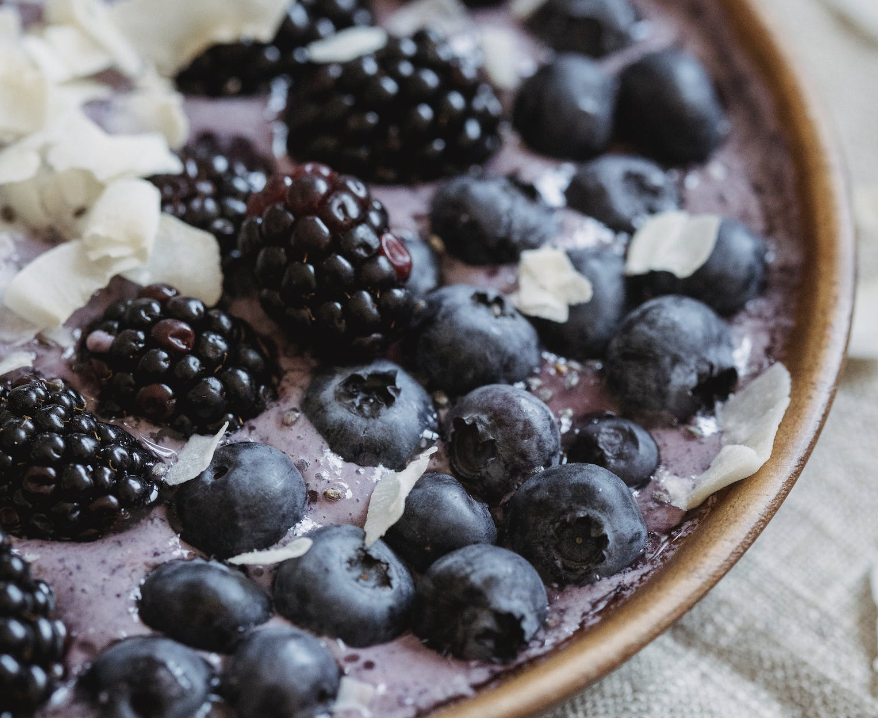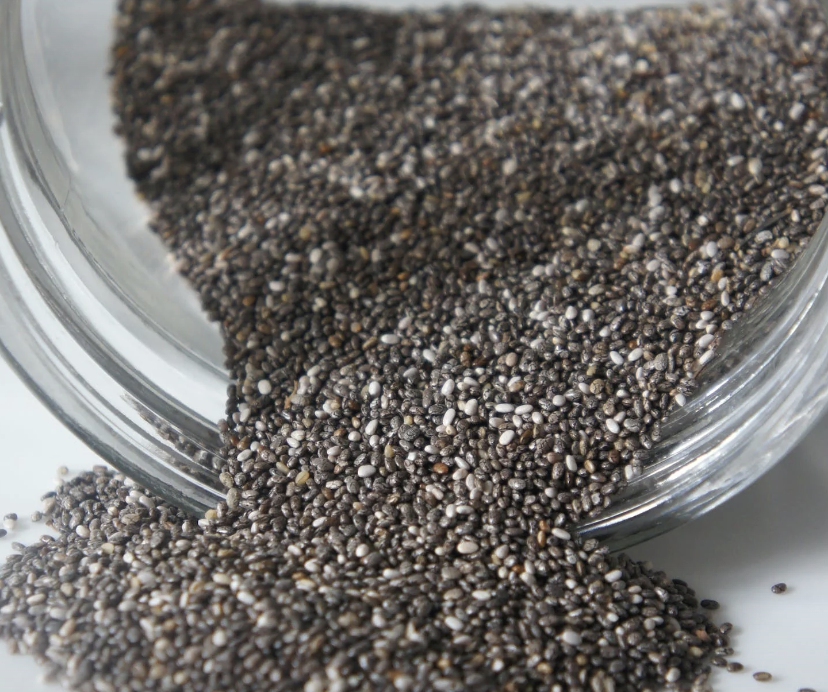Superfoods have become a buzzword in the world of health and nutrition, referring to foods that are exceptionally nutrient-dense and offer numerous health benefits. While there are many superfoods out there, some stand out for their exceptional health properties. In this blog, we will discuss the top 5 superfoods for optimal health.
Blueberries
Blueberries are a small, nutrient-dense fruit that are rich in antioxidants, fiber, and vitamins C and K. Antioxidants help to neutralize free radicals in the body, which can cause damage to cells and contribute to disease.
Studies have shown that blueberries may improve cognitive function, lower blood pressure, and reduce the risk of heart disease. They also have anti-inflammatory properties, which can help to reduce the risk of chronic inflammation and related diseases.

Incorporating blueberries into your diet is easy – they can be added to smoothies, oatmeal, yogurt, or eaten on their own as a healthy snack.
Kale
Kale is a leafy green vegetable that is packed with nutrients, including fiber, vitamins A, C, and K, and minerals such as calcium and iron. It is also a good source of antioxidants and contains anti-inflammatory properties.
Kale has been shown to have numerous health benefits, including reducing the risk of heart disease, improving digestion, and promoting healthy skin. Its high fiber content can also help to promote satiety and reduce the risk of overeating.
Kale can be added to salads, smoothies, or sautéed as a side dish. It can also be used as a healthy substitute for traditional greens in recipes such as pesto.
Salmon
Salmon is a fatty fish that is rich in omega-3 fatty acids, which have been shown to have numerous health benefits, including reducing inflammation, improving heart health, and promoting brain function.
Salmon is also a good source of protein and contains essential vitamins and minerals such as vitamin D and selenium. It has been shown to reduce the risk of heart disease, promote healthy skin and hair, and improve bone density.
Incorporating salmon into your diet can be done by grilling, baking, or broiling. It can be served with a variety of side dishes, such as roasted vegetables or a salad.
Quinoa
Quinoa is a grain-like seed that is rich in protein, fiber, and essential vitamins and minerals. It is also gluten-free and easy to digest, making it a great alternative to traditional grains for individuals with gluten sensitivities or digestive issues.
Quinoa has been shown to reduce the risk of chronic disease, including heart disease and diabetes. Its high fiber and protein content can also help to promote satiety and reduce the risk of overeating.
Quinoa can be used in a variety of dishes, such as salads, soups, or as a side dish. It can also be used as a substitute for traditional grains in recipes such as stir-fries or casseroles.
Chia seeds
Chia seeds are a small seed that are packed with nutrients, including fiber, protein, and omega-3 fatty acids. They also contain antioxidants and anti-inflammatory properties.

Chia seeds have been shown to improve digestion, promote healthy skin, and reduce the risk of chronic disease. Their high fiber content can also help to promote satiety and reduce the risk of overeating.
Chia seeds can be added to smoothies, oatmeal, and yogurt, or used as a healthy topping for salads or baked goods. They can also be used as a healthy substitute for traditional binders in recipes such as meatballs or veggie burgers.
Conclusion
Incorporating superfoods into your diet can have numerous health benefits, including reducing the risk of chronic disease, promoting healthy skin,



